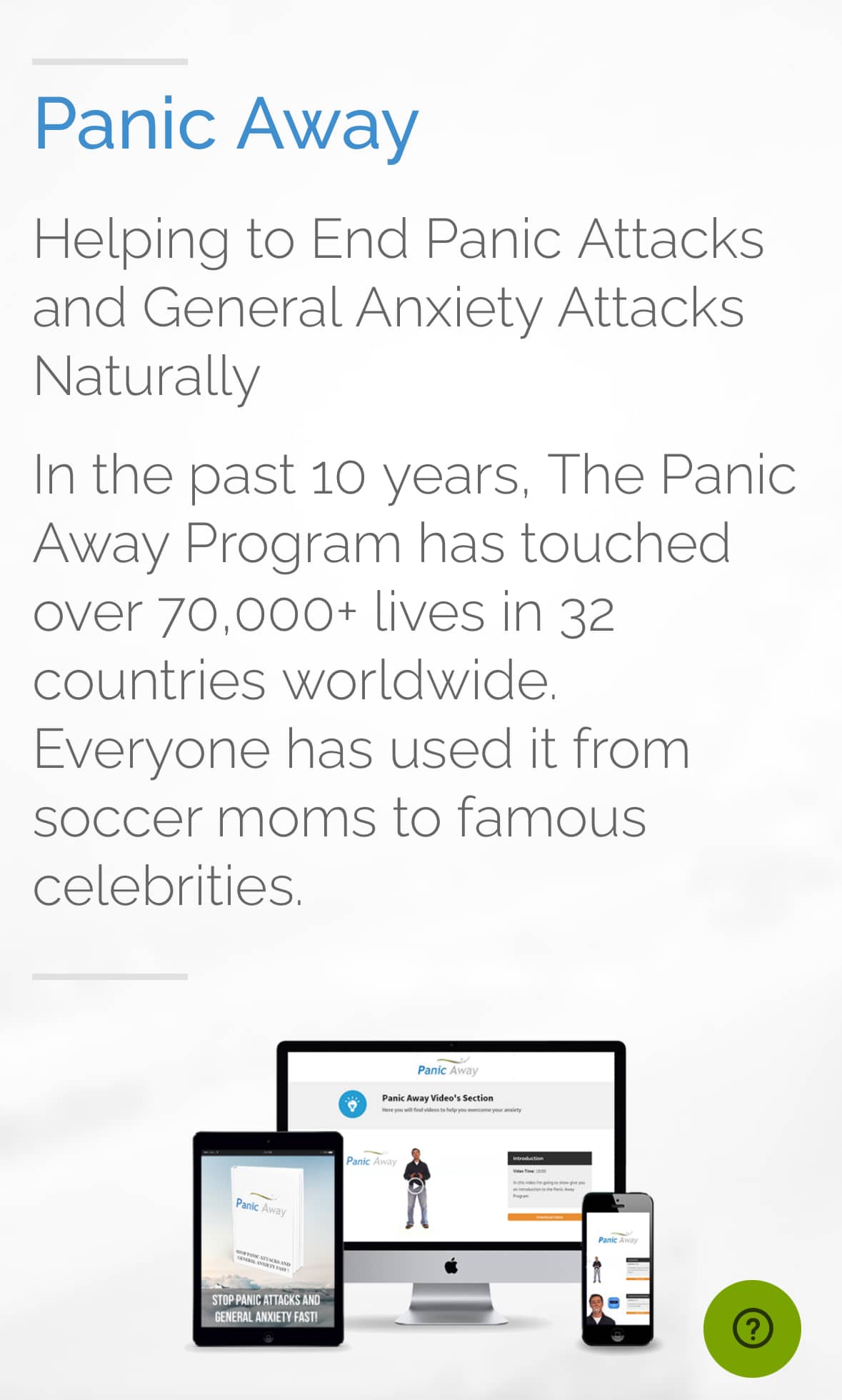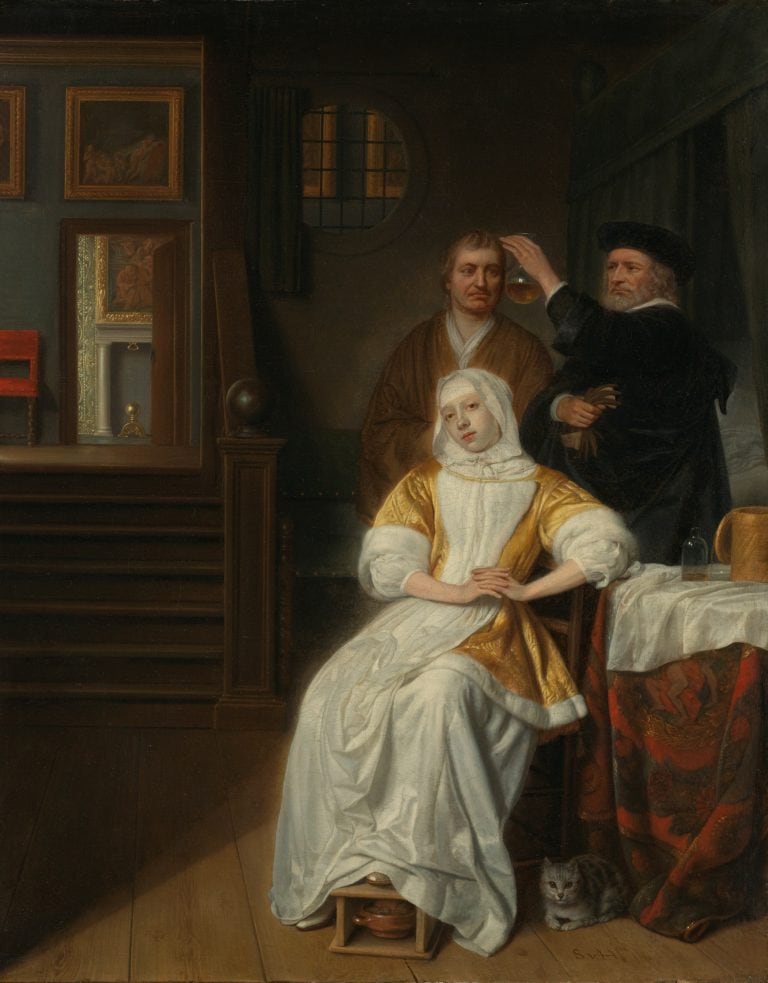Moral Absolutism in OCD

Obsessive-Compulsive Disorder (OCD) is a complex mental health condition characterized by intrusive thoughts, fears, and repetitive behaviors.
Individuals with OCD often struggle with intense feelings of doubt and uncertainty, leading them to seek reassurance or perform rituals to alleviate their distress.
In this context, moral absolutism can play a significant role in shaping the experience of OCD. Moral absolutism refers to the belief that certain actions or behaviors are inherently right or wrong, independent of any situational factors or personal interpretation.
In relation to OCD, individuals may develop rigid moral standards (moral Scrupulosity) and experience excessive guilt or anxiety when they perceive themselves as violating these moral principles.
Understanding the interplay between moral absolutism (moral Scrupulosity) and OCD can provide valuable insights into the unique challenges faced by individuals grappling with this condition.
What are you waiting for? – Download Your FREE OCD Worksheets Now!

Ready to reclaim your life, one fearless step at a time? Your personalized path to anxiety-free living starts now!
Unlock your extraordinary future with PanicAway!
Don’t let anxiety define your story. Choose PanicAway, and step into a world bursting with limitless opportunities and unshakable self-assurance. Your personalized path to an extraordinary life is right here!
Meet PanicAway: Your Personal Roadmap to Liberation from Anxiety
Tired of letting anxiety steal the best moments of your life? It’s time to take charge and embrace a world filled with possibilities, free from fear and panic.
Why PanicAway is Your Perfect Ally in this Journey:
- Immediate Relief: Imagine those sleepless nights and crippling panic attacks becoming distant memories. PanicAway arms you with techniques for instant anxiety relief, putting you back in control.
- Empowerment from Within: It’s not about just managing anxiety; it’s about conquering it at its core. Rediscover your inner strength and emerge as a fearless, empowered version of yourself.
- Reclaim Your Freedom: Visualize a life where anxiety no longer dictates your choices. With PanicAway, you’ll savor the freedom to chase your dreams, explore the world, and seize every opportunity with unwavering confidence.
- Proven Success Stories: Join the community of individuals who’ve transformed their lives with PanicAway. You can be the next success story, and we can’t wait to celebrate your triumph!
- Comprehensive Support: You gain access to a treasure trove of resources, from life-changing e-books to enlightening audio guides. Plus, connect with kindred spirits on their own journeys to overcome anxiety.
What is Moral Absolutism?
Moral absolutism holds that certain moral principles are fixed and unchanging, regardless of the context or individual perspectives.
These principles are often rooted in religious or philosophical beliefs and are considered to be universal and timeless.
Moral absolutists believe that moral truths are objective and exist independently of human opinion or societal norms.
According to moral Scrupulosity, actions such as murder, theft, or lying are inherently wrong, regardless of the circumstances or potential outcomes.
These actions are seen as violating fundamental moral principles that apply universally to all individuals.
Related Article(s) – Intrusive Thoughts In OCD
Moral absolutism is often associated with a deontological ethical framework, which focuses on the inherent rightness or wrongness of actions rather than their consequences.
In this perspective, moral duties and obligations take precedence over the outcomes or intentions behind an action.
However, it’s important to note that moral Scrupulosity can be a contentious viewpoint, as it may overlook the complexities and nuances of moral decision-making.
Critics argue that it fails to account for the diversity of ethical perspectives across different cultures and can lead to rigid or dogmatic moral judgments. Additionally, there can be debates about which specific moral principles are absolute and universally applicable.
Examples of Moral Absolutism

Moral Scrupulosity OCD asserts that certain moral principles are universally valid and apply to all individuals, regardless of the specific circumstances.
Here are a few examples of moral absolutism in action:
The Principle of Non-Violence
A moral absolutist might believe that violence is always wrong, regardless of the situation. They would argue that harming others through physical force is an absolute moral violation, and there are no justifications or exceptions for such actions.
The Principle of Honesty
A moral absolutist might hold that telling the truth is always the right thing to do, regardless of the potential consequences. They would maintain that lying is an inherent moral wrong, even if it may seem to bring about beneficial outcomes in certain situations.
The Principle of Respect for Human Life
A moral absolutist might believe that human life has intrinsic value and should always be protected. They would argue against actions like abortion, euthanasia, or capital punishment, considering them absolute moral violations.
The Principle of Fidelity
A moral absolutist might uphold the importance of fidelity in relationships, asserting that cheating or infidelity is inherently wrong, regardless of the circumstances or personal desires.
The Principle of Autonomy
A moral absolutist might argue for the inviolability of individual autonomy, maintaining that individuals have the inherent right to make decisions about their own bodies and lives.
They might oppose paternalistic laws or policies that limit personal freedom, even if such restrictions are intended to promote societal well-being.
These examples demonstrate the idea that moral absolutism involves the belief in fixed and universal moral principles that should be adhered to without exception, regardless of subjective opinions, cultural norms, or situational factors.
Related Article(s) – Is OCD a form of PTSD?
Moral Absolutism and OCD
Moral Scrupulosity OCD is not directly related to Obsessive-Compulsive Disorder (OCD) in a clinical sense. OCD is a mental health condition characterized by intrusive and distressing thoughts (obsessions) and repetitive behaviors or mental rituals (compulsions) aimed at alleviating anxiety.
However, it is possible for individuals with OCD to experience moral scrupulosity, which is a subtype of OCD where the obsessions and compulsions are centered around moral or ethical concerns.
People with moral scrupulosity may have an exaggerated preoccupation with adhering to their own perceived moral standards or avoiding actions they consider morally wrong. This can lead to intense guilt, anxiety, and the need to engage in repetitive rituals or seek reassurance to reduce their distress.
In the context of OCD, moral scrupulosity is not related to philosophical or ethical debates about moral absolutism but rather reflects the specific symptoms and challenges faced by individuals with this subtype of OCD.
Related Article(s) – OCD and Comorbid Disorders
Moral OCD Symptoms

Moral Obsessive-Compulsive Disorder (OCD), also known as moral scrupulosity, is a subtype of OCD where individuals experience obsessions and engage in compulsive behaviors related to moral or ethical concerns.
The symptoms of moral OCD can vary from person to person, but here are some common manifestations:
Intrusive Moral Thoughts
Individuals with moral OCD often experience intrusive and distressing thoughts or images related to moral or ethical violations.
These thoughts can be about harming others, committing immoral acts, or being responsible for causing harm.
Excessive Guilt and Shame
Moral OCD is often characterized by intense guilt and shame associated with perceived moral failings or the fear of having violated moral principles.
Individuals may feel an overwhelming sense of responsibility and believe that they are inherently bad or evil.
Hyperfocus on Moral Standards
People with moral OCD tend to have rigid and exaggerated moral standards. They may constantly evaluate their thoughts, intentions, and actions, seeking reassurance that they have not violated their moral code.
Compulsive Rituals and Behaviors
To alleviate their anxiety and prevent perceived self punishment, individuals with moral OCD may engage in compulsive behaviors.
These can include excessive praying, seeking reassurance, confessing to others, or engaging in mental rituals such as reviewing past actions or seeking moral perfection.
Avoidance of Triggers
Individuals with moral OCD may avoid situations, people, or activities that they perceive as morally ambiguous or potentially triggering.
This avoidance is an attempt to prevent the onset of obsessions and the resulting distress.
Impact on Daily Functioning
Moral OCD can significantly interfere with daily life. The preoccupation with moral concerns, the need for reassurance, and engaging in rituals can consume a significant amount of time and mental energy, leading to distress and impairments in relationships, work, or social activities.
It is important to note that a diagnosis of moral OCD should be made by a qualified mental health professional based on a comprehensive evaluation of symptoms and their impact on an individual’s functioning.
Interested in more? – Check out our Must Read OCD Books List!
How to Treat Moral OCD
The treatment for Moral Obsessive-Compulsive Disorder (OCD), or moral scrupulosity, typically involves a combination of psychotherapy, specifically cognitive-behavioral therapy (CBT), and in some cases, medication.
Here are some common approaches used in the treatment of moral OCD:
Cognitive-Behavioral Therapy (CBT)
CBT is often the first-line treatment for OCD, including moral OCD. The primary CBT technique used for OCD is called exposure and response prevention (ERP).
ERP involves gradually exposing individuals to situations, thoughts, or triggers that evoke their moral obsessions while preventing the accompanying compulsive behaviors or rituals.
Over time, this helps to reduce anxiety and break the cycle of obsessions and compulsions such as religious Scrupulosity.
Cognitive Restructuring
CBT for moral OCD also involves challenging and restructuring the distorted beliefs and thought patterns associated with moral obsessions (moral character).
This may include identifying and challenging black-and-white thinking, perfectionism, and excessive guilt or responsibility.
Therapists help individuals develop more balanced and realistic perspectives on moral issues.
Mindfulness and Acceptance-Based Techniques
Techniques such as mindfulness and acceptance and commitment therapy (ACT) can be helpful in managing the distress associated with moral OCD.
These techniques promote acceptance of intrusive thoughts and emotions without engaging in compulsions or attaching excessive importance to them.
Gradual Exposure
Gradual exposure exercises involve systematically exposing individuals to situations or thoughts that trigger their moral obsessions (what if im a bad person?).
This exposure is done in a controlled and gradual manner, allowing individuals to build tolerance to their anxiety and reduce the need for compulsive behavior.
Medication
In some cases, medication, such as selective serotonin reuptake inhibitors (SSRIs), may be prescribed to help manage the symptoms of moral OCD.
Medication can be used in conjunction with therapy to reduce anxiety and obsessive thinking.
It is important for individuals with moral OCD to seek help from a qualified mental health professional, such as a therapist or psychiatrist, who has experience in treating OCD. They can provide an accurate diagnosis, develop an individualized treatment plan, and guide individuals through the process of recovery.
Related Article(s) – Can Music Therapy Help OCD

Ready to reclaim your life, one fearless step at a time? Your personalized path to anxiety-free living starts now!
Unlock your extraordinary future with PanicAway!
Don’t let anxiety define your story. Choose PanicAway, and step into a world bursting with limitless opportunities and unshakable self-assurance. Your personalized path to an extraordinary life is right here!
Meet PanicAway: Your Personal Roadmap to Liberation from Anxiety
Tired of letting anxiety steal the best moments of your life? It’s time to take charge and embrace a world filled with possibilities, free from fear and panic.
Why PanicAway is Your Perfect Ally in this Journey:
- Immediate Relief: Imagine those sleepless nights and crippling panic attacks becoming distant memories. PanicAway arms you with techniques for instant anxiety relief, putting you back in control.
- Empowerment from Within: It’s not about just managing anxiety; it’s about conquering it at its core. Rediscover your inner strength and emerge as a fearless, empowered version of yourself.
- Reclaim Your Freedom: Visualize a life where anxiety no longer dictates your choices. With PanicAway, you’ll savor the freedom to chase your dreams, explore the world, and seize every opportunity with unwavering confidence.
- Proven Success Stories: Join the community of individuals who’ve transformed their lives with PanicAway. You can be the next success story, and we can’t wait to celebrate your triumph!
- Comprehensive Support: You gain access to a treasure trove of resources, from life-changing e-books to enlightening audio guides. Plus, connect with kindred spirits on their own journeys to overcome anxiety.
Final Thoughts on Moral Absolutism in OCD
To conclude, moral absolutism within the context of OCD illuminates the profound impact of rigid moral standards (what if im a bad person?) on individuals’ lives.
The relentless pursuit of certainty and the intense guilt experienced when moral principles are perceived as violated highlight the complex nature of OCD.
Recognizing the influence of moral absolutism can enhance our understanding of the challenges faced by those with OCD and may guide the development of more effective therapeutic approaches.

